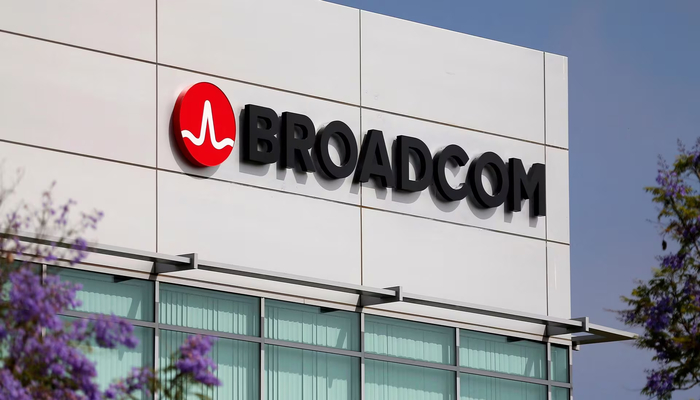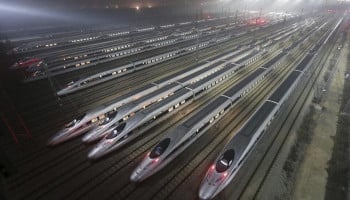
Broadcom, a leading US-based Computer chipmaker, has successfully acquired cloud computing firm VMware, bringing about one of the biggest merger deals in the realm of technology.
The deal constantly remained under scrutiny by regulators around the world, after which China made the final call for approval.
Before the finalisation of the deal, it was expected to be affected by US-China tensions. The merger follows a meeting between Presidents Joe Biden and Xi Jinping at Apec summit in the US last week, BBC reported.
Read also: Spotify shrinks revenue for non-music tracks
Subsequently, Broadcom, an American company which specialises in designing, developing and supplying semiconductor chips, has combined its operations with VMware, another American company headquartered in Palo Alto, California.
However, VMware’s area of focus is developing virtualisation software, enabling users to run a virtual computer on a physical one to enhance efficiency.
Hock Tan, Broadcom's president and CEO, expressed joy over uniting their teams to establish “the world's leading infrastructure technology company.” The goal is to build private and hybrid cloud environments to provide users with the ability to run “apps anywhere.”
To close the deal, legal merger clearances were sought and obtained in various countries, including Australia, Brazil, Canada, China, the European Union, Israel, Japan, South Africa, South Korea, Taiwan, and the UK.
As a result of the merger, VMWare shares will no longer be traded on the New York Stock Exchange (NYSE).
The trade tensions between the US and China, ongoing since 2018, have affected industries like chips used in diverse applications such as cars, smartphones, and fighter jets.
While addressing issues like climate change and resuming military communication, leaders from both countries agreed to common terms at the Apec summit despite recent trade disputes.
Broadcom has a history of causing fluctuations in US-China relations. In 2017, it announced a significant takeover deal with Qualcomm, which was later blocked by former US President Donald Trump due to national security concerns related to 5G technology development.
















